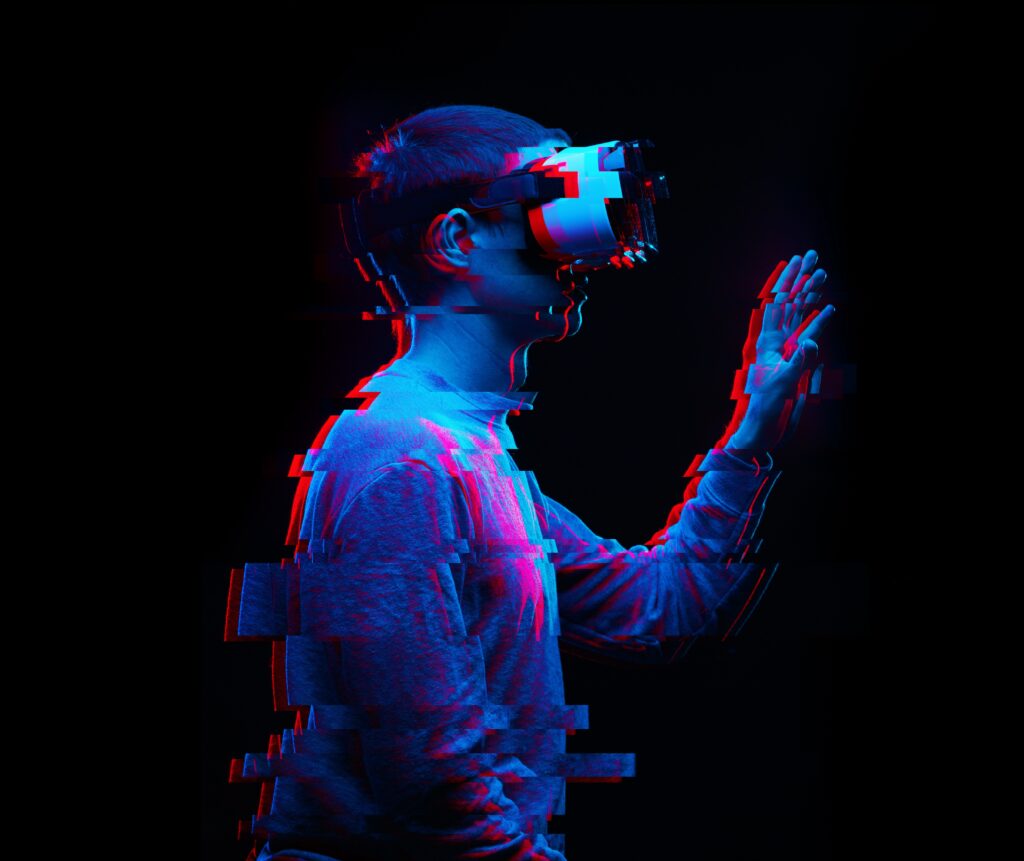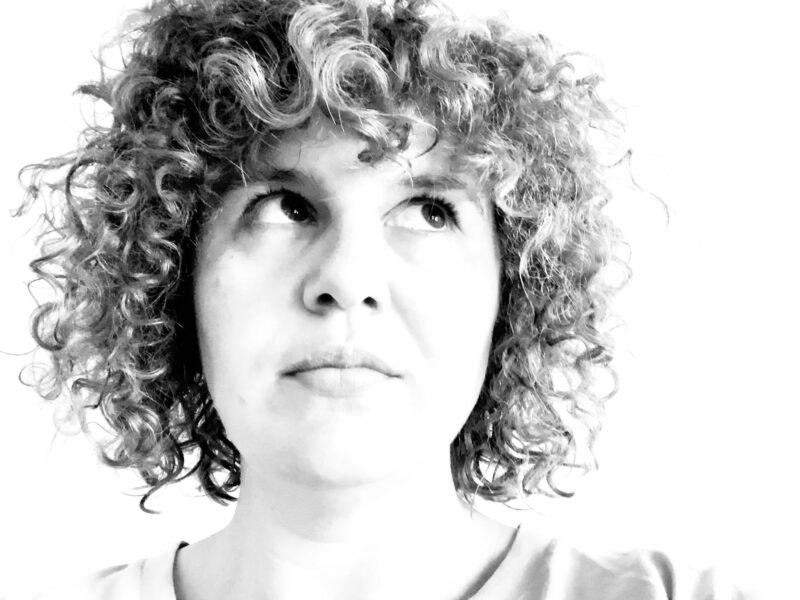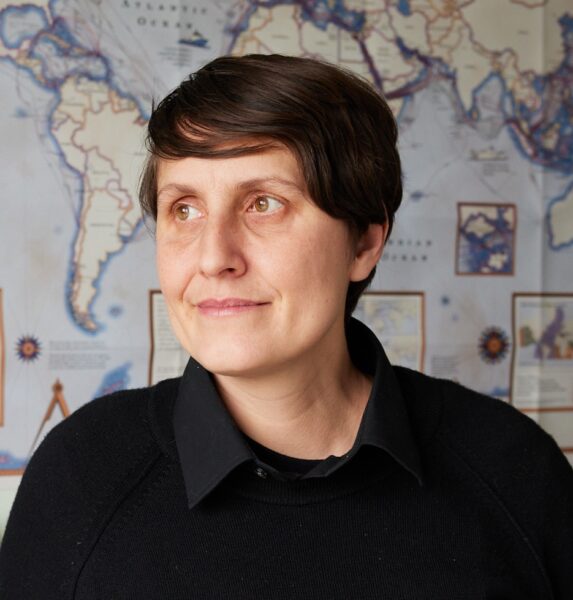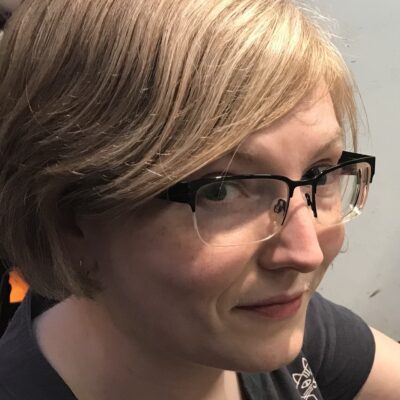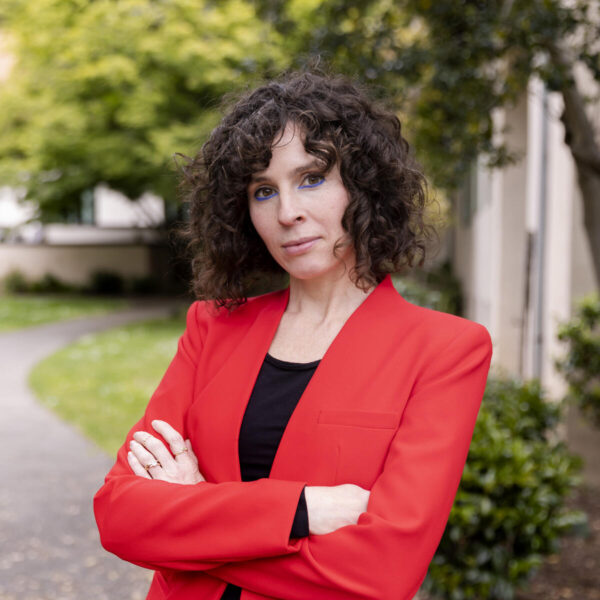The future of virtual reality (VR) is poised to be transformative, reshaping industries, enhancing human connection, and redefining how we work, play, and learn. From gaming and entertainment to education and healthcare, virtual realities and digital spaces continue to evolve, offering unprecedented opportunities for innovation. However, the evolution of the metaverse also necessitates careful consideration of its societal and environmental impacts.
The panel will feature Nicole Starosielski, Professor of Film and Media at UC Berkeley; Emma Fraser, Assistant Teaching Professor in Media Studies and the Berkeley Center for New Media at UC Berkeley; and Clancy Wilmott, Assistant Professor in Critical Cartography, Geovisualisation and Design in the Berkeley Center for New Media and the Department of Geography at UC Berkeley. Alex Saum-Pascual, Associate Professor of Contemporary Spanish Literature and New Media at UC Berkeley, will moderate.
Matrix On Point is a discussion series promoting focused, cross-disciplinary conversations on today’s most pressing issues. Offering opportunities for scholarly exchange and interaction, each Matrix On Point features the perspectives of leading scholars and specialists from different disciplines, followed by an open conversation. These thought-provoking events are free and open to the public.
Co-sponsored by the Berkeley Center for New Media, Department of Geography, the Department of Spanish and Portuguese, the Department of Media Studies, and the Department of Film & Media.
Panelists
Clancy Wilmott is an Assistant Professor in Critical Cartography, Geovisualisation and Design in the Berkeley Center for New Media and the Department of Geography at UC Berkeley. Wilmott received her PhD in Human Geography at the University of Manchester with a multi-site study on the interaction between mobile phone maps, cartographic discourse and postcolonial landscapes. Professor Wilmott researches critical cartography, new media and spatial practices. She is the author of Mobile Mapping: Space, Cartography, and the Digital published in 2020 by Amsterdam University Press. She has also published papers in the Annals of the Association of American Geographers, Big Data and Society, the Leonardo Electronic Almanac and the Journal of Television and New Media, amongst others.
Nicole Starosielski, Professor of Film and Media at UC Berkeley, conducts research on global internet infrastructure, with a focus on the subsea cables that carry almost 100% of transoceanic internet traffic. Starosielski is author or co-editor of over thirty articles and five books on media, infrastructure, and environments, including: The Undersea Network (2015). Starosielski’s most recent project, Sustainable Subsea Networks (https://www.sustainablesubseanetworks.com/), is working to enhance the sustainability of subsea cable infrastructures.
Emma Fraser is an Assistant Teaching Professor in Media Studies and the Berkeley Center for New Media (BCNM) at UC Berkeley. Fraser teaches digital media methods, digital storytelling, game studies, and new media theory and practice to graduate and undergraduate students. Her research considers digital culture, space and place, modern ruins, and visual media in relation to urban experience and the writings of Walter Benjamin and the Frankfurt School. Fraser also researches and writes about games and play across sociology, geography, game studies and media and cultural theory.
Alex Saum-Pascual is a (digital) poet and professor. She is author of #Postweb! Crear con la máquina y en la red (2018) and numerous articles, special issues, and book chapters on digital art and literature in the Spanish-speaking world, being featured in The Journal of Spanish Cultural Studies, Comparative Literature Studies, The Arizona Journal of Hispanic Cultural Studies, Revista de Estudios Hispánicos, and Digital Humanities Quarterly, among others. Her digital poetry has been exhibited in galleries and art festivals internationally, has been studied in specialized monographs and anthologies of digital literature. Currently, she is Associate Professor of Contemporary Spanish Literature and New Media at the University of California, Berkeley. She is also part of the Executive Committee of the Berkeley Center for New Media, the advisory board of the Arts Research Center, and the board of directors of the Electronic Literature Organization. She is also one of the editors of the Electronic Literature series at Bloomsbury Academic Press.
View Map
